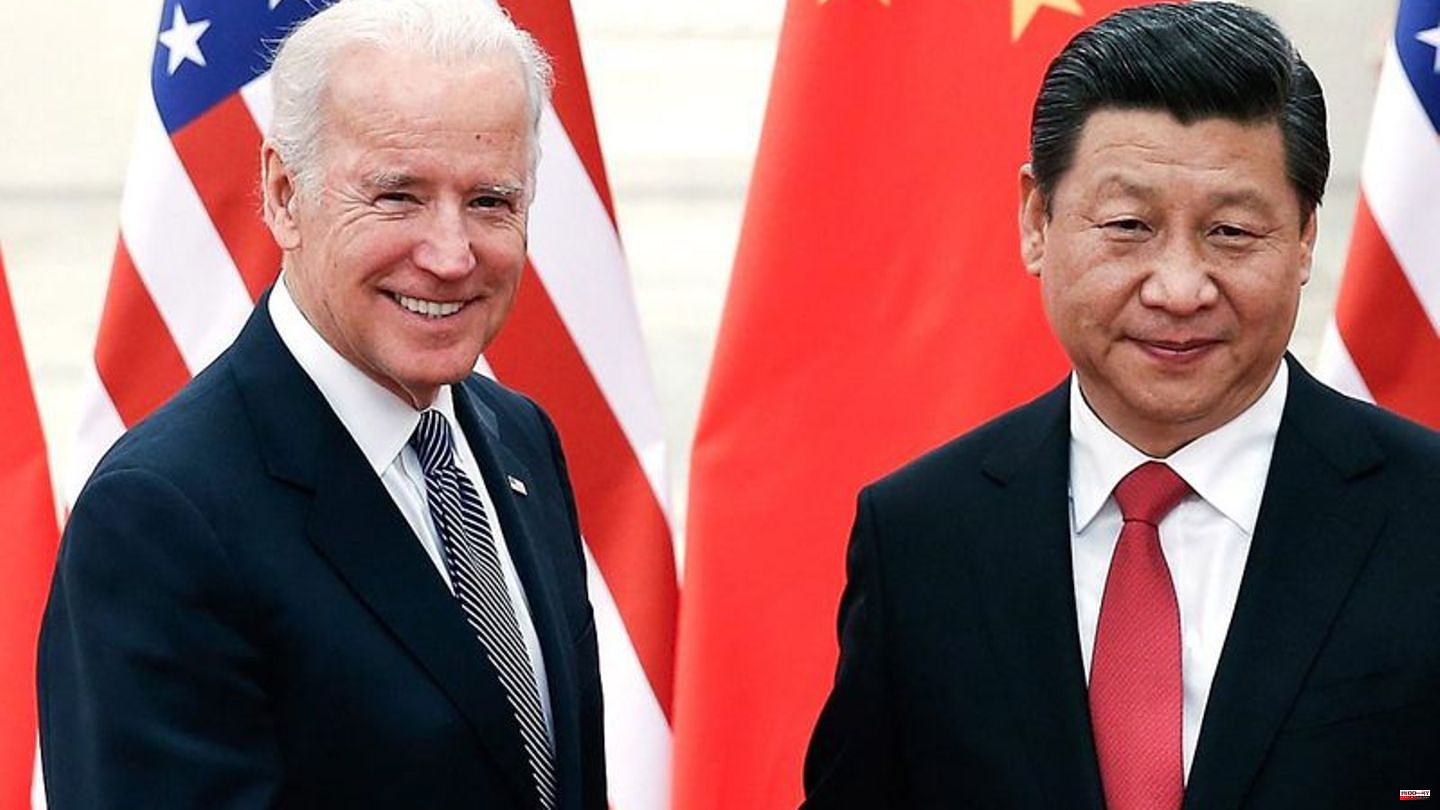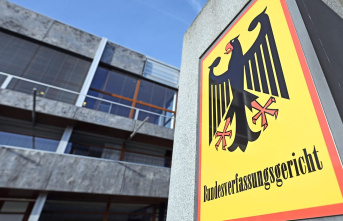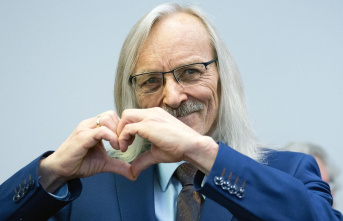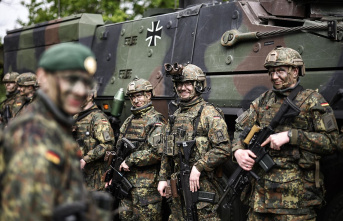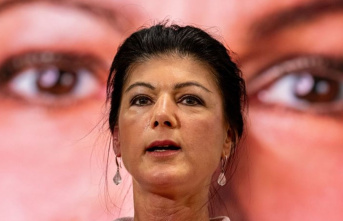US President Joe Biden and China's President Xi Jinping meet Monday on the sidelines of the G20 summit in Indonesia for their first bilateral meeting since Biden took office. This was announced by the White House in Washington on Thursday. The meeting comes at a time when relations between the two countries are particularly strained.
Biden and Xi had spoken to each other five times in the past two years or so, but have not met in person since Biden moved into the White House in January 2021. However, the two had met in person in the past when both were still vice presidents.
Because of the corona pandemic, the Chinese President had not made any trips abroad at all for a long time since January 2020 and only embarked on his first trip abroad in two and a half years last September - to Kazakhstan and Uzbekistan.
The G20 summit of major economic powerhouses is scheduled for November 15 and 16 on the Indonesian island of Bali. It was clear for a while that both Biden and Xi would arrive. So far, however, a bilateral meeting between the two has not been officially confirmed. The talks will now take place before the official start of the summit.
opportunity to clear up misunderstandings
"I don't think the two will sit down to resolve any differences or problems," a senior government official said, referring to the meeting. It should be much more about a "strategic, in-depth and substantial conversation", which is also about clearing up misunderstandings. A joint statement after the conversation is not planned, she said.
Biden had already commented on a possible meeting on Wednesday and said: "There is a lot that we have to discuss." He wanted to discuss "red lines" in dealing with each other. It is about understanding what Xi believes to be China's crucial national interests and how that conflicts with US interests.
Biden announced that he would also like to talk about Taiwan in such a conversation. The US attitude towards Taiwan has not changed, he stressed. In the past, Biden had promised Taiwan military support in the event of an attack, thereby angering China. The communist leadership in Beijing regards Taiwan as part of the People's Republic and threatens to conquer it. The United States has committed itself to Taiwan's ability to defend itself - which has so far primarily meant arms deliveries.
Russia is likely to be an issue
Biden's national security adviser, Jake Sullivan, said at the White House on Thursday that the stance towards Russia will also be discussed at the meeting. China has so far not clearly condemned Russia's war of aggression against Ukraine. Xi and Russian President Vladimir Putin met in September at the summit of the Shanghai Cooperation Organization in Uzbekistan and demonstratively closed ranks there - also and especially with the United States.
With regard to China's position on the Ukraine war, Sullivan also emphasized that Beijing has not yet sent any weapons to Moscow for use in Ukraine and has not undermined international sanctions against Russia. This is positive, as are Xi's recent statements on the use of nuclear weapons.
During a visit by Chancellor Olaf Scholz to Beijing last week, Xi said in connection with Russia's nuclear threats: "The use of nuclear weapons or the threat to do so must be rejected."
Putin had long left open whether he would attend the G20 summit in Indonesia. The Kremlin finally announced on Wednesday that the Russian President would not be coming. Russia is now represented there by Foreign Minister Sergey Lavrov.
Relations between the US and China are strained. There are various points of conflict. Biden's government sees China as the biggest geopolitical challenge and competitor. The new US national security strategy, released in mid-October, said Beijing wanted to expand its sphere of influence in the Indo-Pacific region and become the world's leading power. "The People's Republic of China is the only competitor that not only has the intention to transform the international order, but also has the economic, diplomatic, military and technological power to do so."
Chancellor Olaf Scholz (SPD) traveled to China last week to meet Xi. He then informed Biden of his visit.

